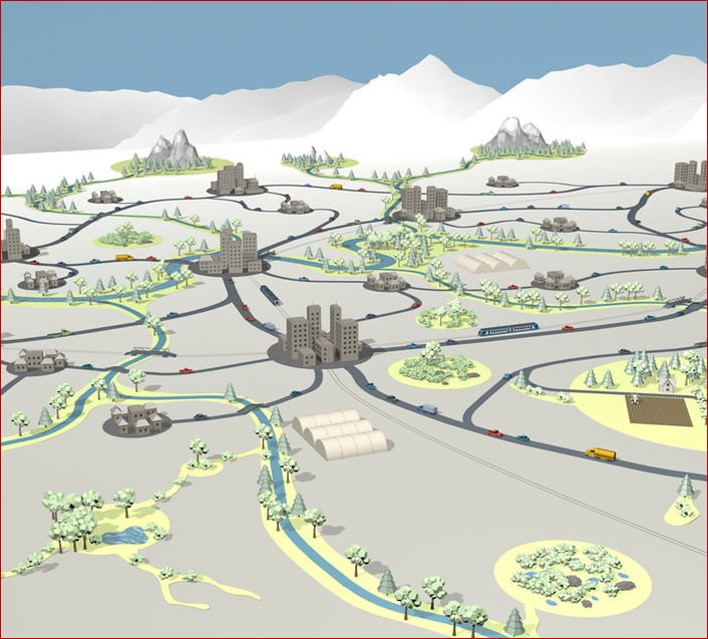After completing the module, students will be able to:
- Grasp main ideas of a scientific publication
- Identify novelties in approach, methods and results
- Describe to peers conclusions and their relevance to the scientific community
- Critically reflect on the above Understand meta-analyses

After completing the module students will be able to:
-
understand the principles of life cycle assessment (LCA) and appraise the potential and limitations of the method for their personal field of expertise/work
- correctly plan and do an LCA using common LCA software tools
- critically review and interpret LCA studies and results.

After completing the module, students will be able to:
- Work with the core principles of sustainable NRM
- Carry out a stakeholder analysis, an institutional analysis and apply techniques of behaviour change
- Assess conflict potential over natural resources, use conflict analysis tools and devise ways of conflict mediation and dispute settlement (link between NRM and conflict management)
- Differentiate between approaches to NRM and relate them to policy interventions/governance measures
- Express their own opinion, debate with others, moderate discussions and produce session proceedings

After completing the module, students will be able to:
•Assess the ecological infrastructure in a landscape
•Identify corridors and gaps in ecological networks (with GIS tools)
•Plan and model land-use trends (e.g. development in urban, rural or mountain areas)
•Make propositions for the restoration of the landscape (functional infrastructure)

After completing the module students will be able to:
- relate issues of biodiversity to their specific fields of expertise
- assess the impact of interventions in natural resource management on biodiversity
- design effective measures for maintaining and enhancing biodiversity in their specific field of expertise.

After completing the module, students will be able to:
- explain the relationships between water quality aspects and human health as well as environmental quality.
- apply basic methods to describe and assess water resources and their utilization for main sectors (household/industry/agriculture) and environmental needs.
- apply methods in the different phases of managing the water cycle to enable efficient and effective utilization and conservation of water resources